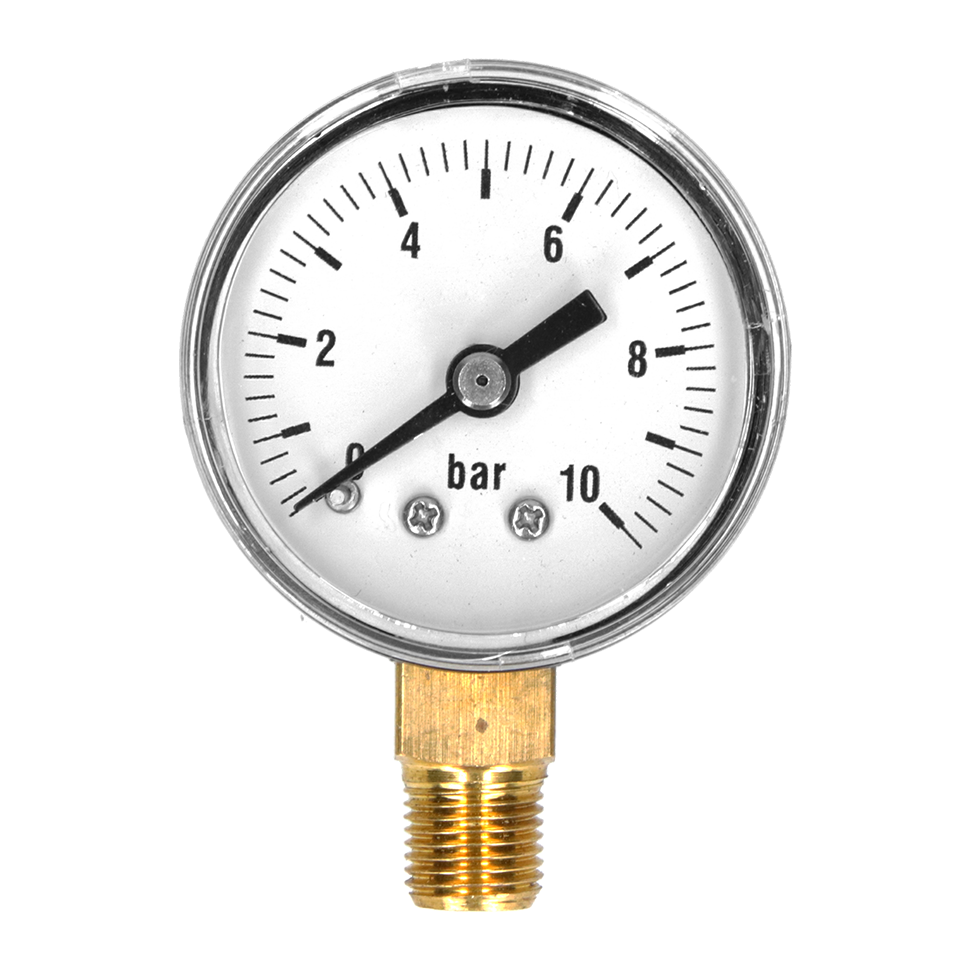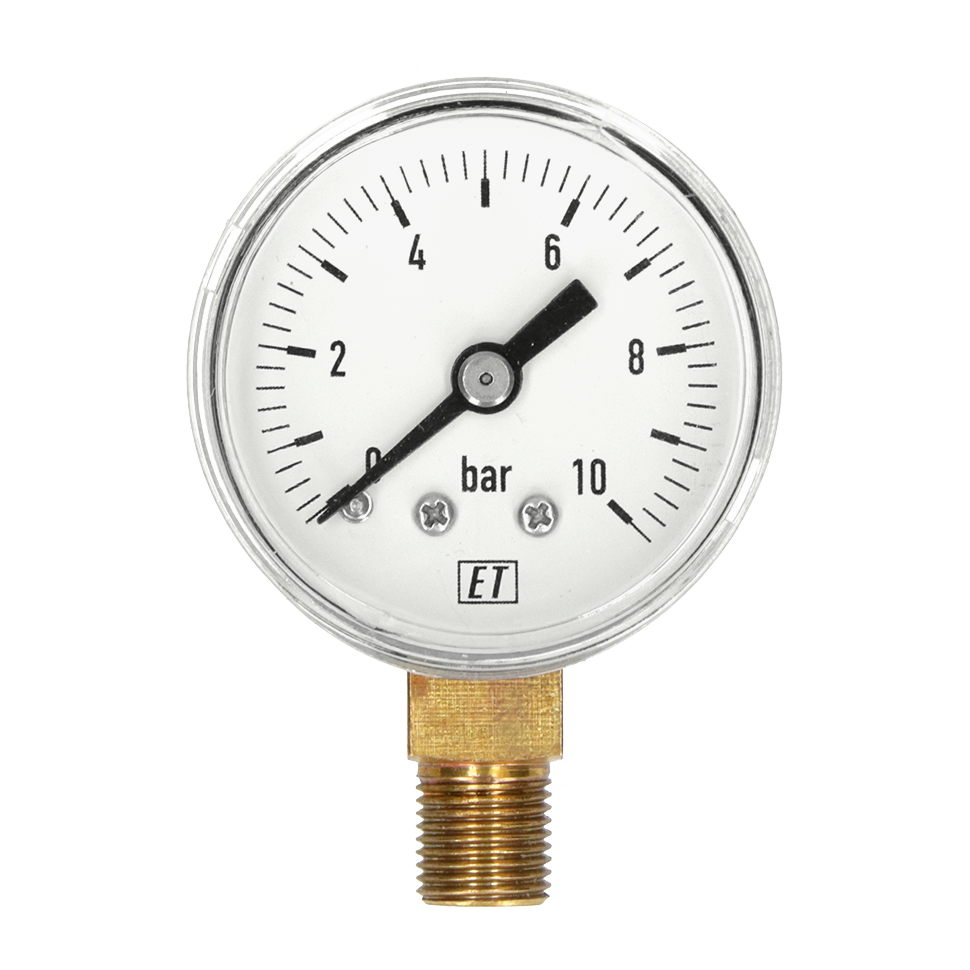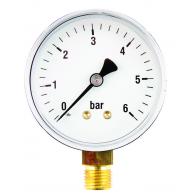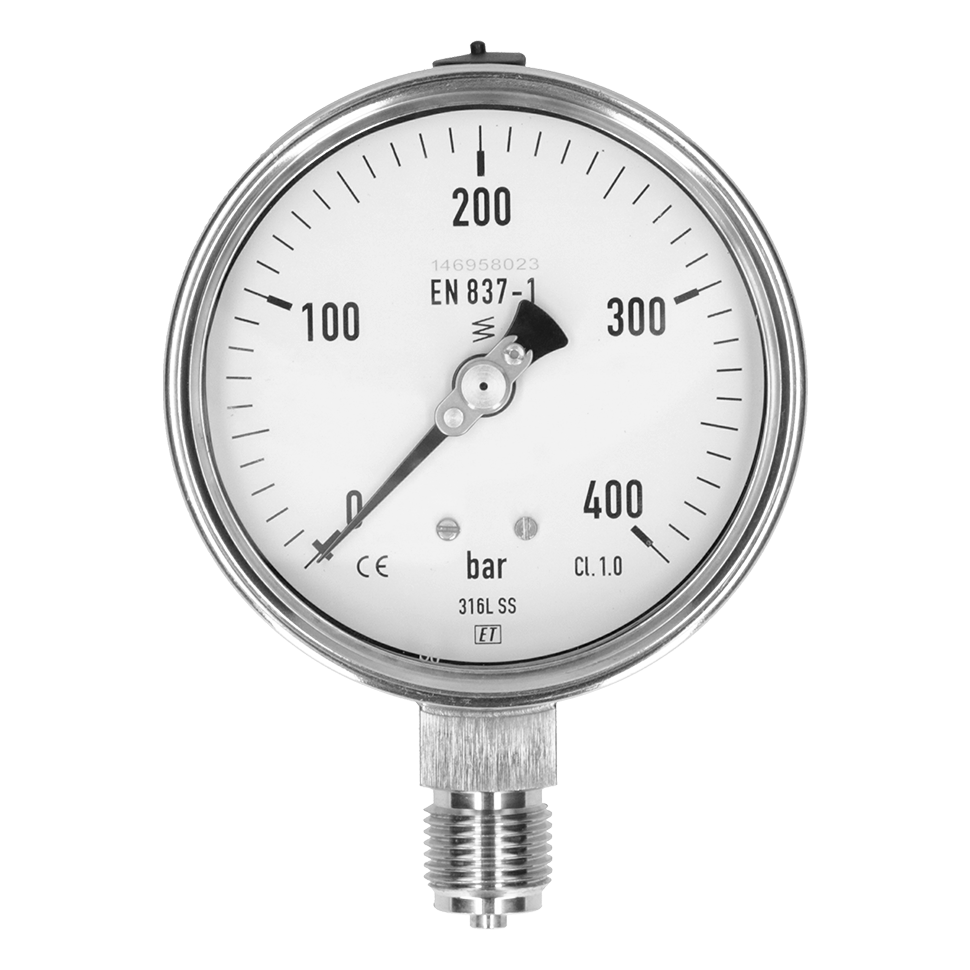Skip to Content
Marie Curiestraat 2, 5491 DD Sint-Oedenrode, The Netherlands | +31(0)413-473037 | [email protected]
Language
 Emvo.com
Emvo.com
 Emvo.com
Emvo.com
-
 dk.emvo.com
dk.emvo.com
-
 no.emvo.com
no.emvo.com
-
 Rotary-vane.com
Rotary-vane.com
-
 se.emvo.com
se.emvo.com
-
 Emvo.nl
Emvo.nl
-
 Pompschoepen.nl
Pompschoepen.nl
-
 Druktransmitters.nl
Druktransmitters.nl
-
 Vacuummeter.nl
Vacuummeter.nl
-
 Digital-manometer.nl
Digital-manometer.nl
-
 Digitalemanometer.nl
Digitalemanometer.nl
-
 Pressure-gauge.eu
Pressure-gauge.eu
-
 Digitalpressuregauge.eu
Digitalpressuregauge.eu
-
 druckmessgerät.com
druckmessgerät.com
-
 Emvo.de
Emvo.de
-
 Bimetallthermometerkaufen.de
Bimetallthermometerkaufen.de
-
 differenzdruckmessgerät.de
differenzdruckmessgerät.de
-
 Digital-manometer.de
Digital-manometer.de
-
 Druckluftmanometer.de
Druckluftmanometer.de
-
 Druckmanometerluft.de
Druckmanometerluft.de
-
 Druckmanometerwasser.de
Druckmanometerwasser.de
-
 Druckmessgerat.de
Druckmessgerat.de
-
 Hydraulikmanometer.de
Hydraulikmanometer.de
-
 Manometer-kaufen.de
Manometer-kaufen.de
-
 Manometerkaufen.de
Manometerkaufen.de
-
 Manometerluft.de
Manometerluft.de
-
 Manometern.de
Manometern.de
-
 Manometerunterdruck.de
Manometerunterdruck.de
-
 Manometerwasser.de
Manometerwasser.de
-
 Manometerwasserdruck.de
Manometerwasserdruck.de
-
 Pumpenlamellen.de
Pumpenlamellen.de
-
 Temperaturmessgerat.de
Temperaturmessgerat.de
-
 Thermometerkaufen.de
Thermometerkaufen.de
-
 Unterdruckmanometer.de
Unterdruckmanometer.de
-
 Wasserdruckmessgerat.de
Wasserdruckmessgerat.de
-
 Emvo.fr
Emvo.fr
-
 Emvo.es
Emvo.es
-
 Emvo.it
Emvo.it
Language
 Emvo.com
Emvo.com
 Emvo.com
Emvo.com
-
 dk.emvo.com
dk.emvo.com
-
 no.emvo.com
no.emvo.com
-
 Rotary-vane.com
Rotary-vane.com
-
 se.emvo.com
se.emvo.com
-
 Emvo.nl
Emvo.nl
-
 Pompschoepen.nl
Pompschoepen.nl
-
 Druktransmitters.nl
Druktransmitters.nl
-
 Vacuummeter.nl
Vacuummeter.nl
-
 Digital-manometer.nl
Digital-manometer.nl
-
 Digitalemanometer.nl
Digitalemanometer.nl
-
 Pressure-gauge.eu
Pressure-gauge.eu
-
 Digitalpressuregauge.eu
Digitalpressuregauge.eu
-
 druckmessgerät.com
druckmessgerät.com
-
 Emvo.de
Emvo.de
-
 Bimetallthermometerkaufen.de
Bimetallthermometerkaufen.de
-
 differenzdruckmessgerät.de
differenzdruckmessgerät.de
-
 Digital-manometer.de
Digital-manometer.de
-
 Druckluftmanometer.de
Druckluftmanometer.de
-
 Druckmanometerluft.de
Druckmanometerluft.de
-
 Druckmanometerwasser.de
Druckmanometerwasser.de
-
 Druckmessgerat.de
Druckmessgerat.de
-
 Hydraulikmanometer.de
Hydraulikmanometer.de
-
 Manometer-kaufen.de
Manometer-kaufen.de
-
 Manometerkaufen.de
Manometerkaufen.de
-
 Manometerluft.de
Manometerluft.de
-
 Manometern.de
Manometern.de
-
 Manometerunterdruck.de
Manometerunterdruck.de
-
 Manometerwasser.de
Manometerwasser.de
-
 Manometerwasserdruck.de
Manometerwasserdruck.de
-
 Pumpenlamellen.de
Pumpenlamellen.de
-
 Temperaturmessgerat.de
Temperaturmessgerat.de
-
 Thermometerkaufen.de
Thermometerkaufen.de
-
 Unterdruckmanometer.de
Unterdruckmanometer.de
-
 Wasserdruckmessgerat.de
Wasserdruckmessgerat.de
-
 Emvo.fr
Emvo.fr
-
 Emvo.es
Emvo.es
-
 Emvo.it
Emvo.it










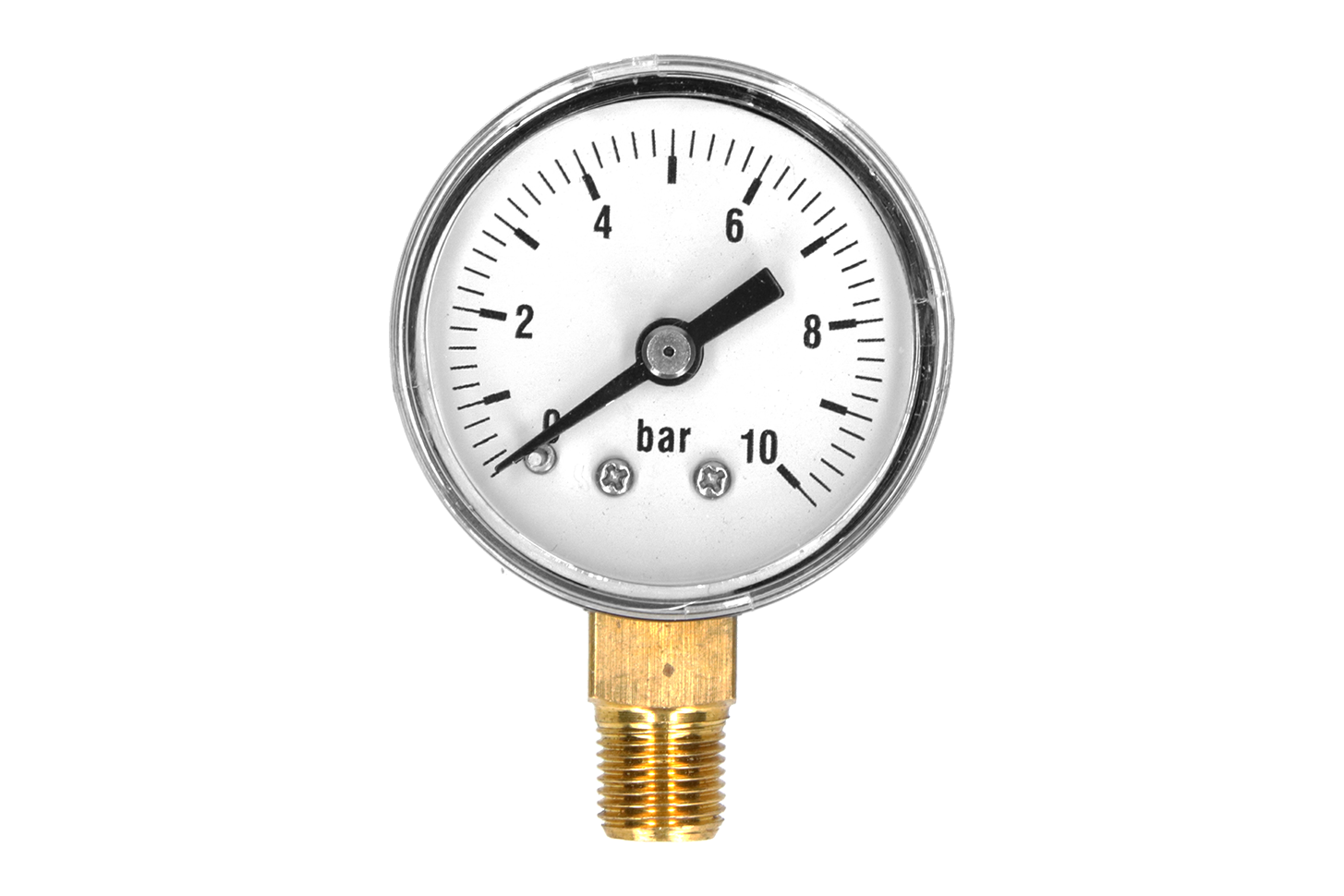 A dry pressure gauge, or mechanical pressure gauge, is also called an “aneroid” gauge: “without fluid”. The term refers to the functioning of the pressure gauge itself, and not to the measured medium. An aneroid pressure gauge can measure pressure both in gas and liquid substances, but in the instrument itself, no fluid (usually glycerin) is used.
A dry pressure gauge, or mechanical pressure gauge, is also called an “aneroid” gauge: “without fluid”. The term refers to the functioning of the pressure gauge itself, and not to the measured medium. An aneroid pressure gauge can measure pressure both in gas and liquid substances, but in the instrument itself, no fluid (usually glycerin) is used.